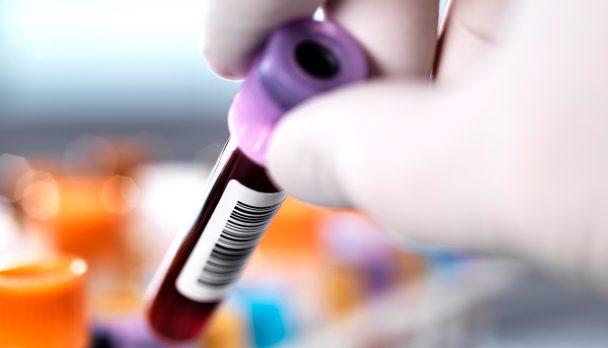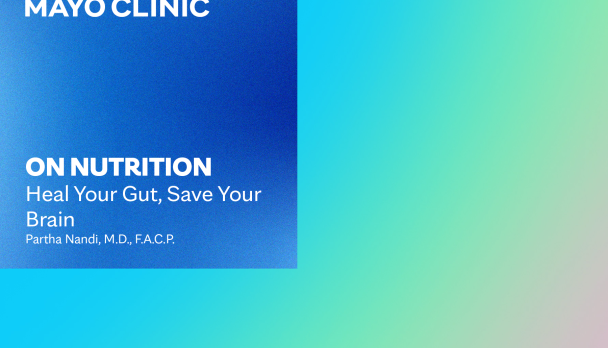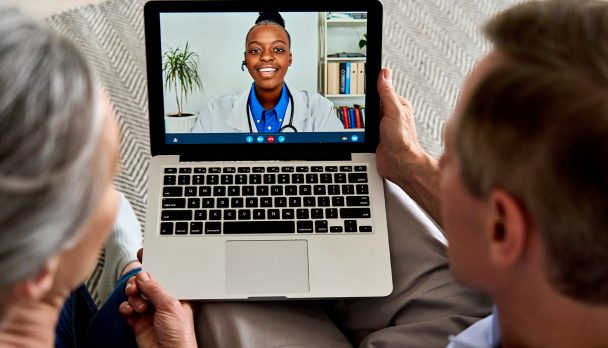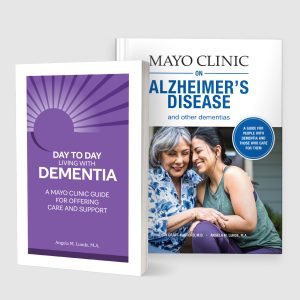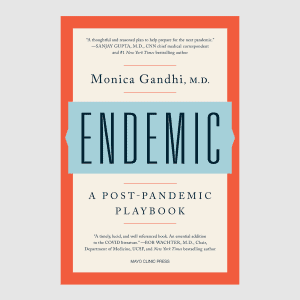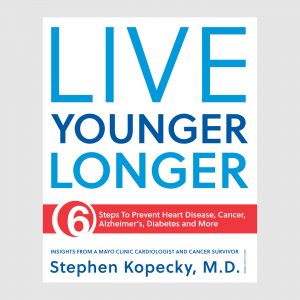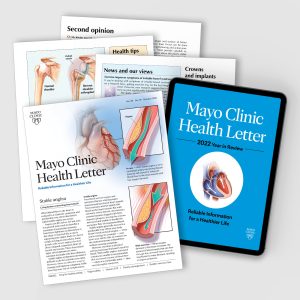
The Nocebo Effect by Michael H. Bernstein, Charlotte Blease, Cosima Locher, and Walter A. Brown details the investigation into the nocebo effect, the placebo effect’s evil twin. The authors explain the truths behind “the nocebo effect” and its significance in the modern world, while also discussing previous historical applications.
Educating Your Caregiver
Most clinicians are compassionate people. When they offer a negative suggestion, it is rarely on purpose. Often they simply do not understand the full meaning and impact of their words. After all, clinicians are not taught the nuances of language, nor are they taught the limitations of their knowledge or the impossibility of predicting the future. Instead, most believe that general facts and compassion will suffice when communicating with patients. Sadly, compassion is not enough. In fact, once vested with authority, clinicians need to attend scrupulously to the impact of their communications, lest harm be done.
We can help prevent our clinicians from misspeaking by politely educating them about their statements. For example, one patient who was too shy to speak face-to-face with her specialist timidly handed him a card that read: “Dear Doctor, my present condition has me worried and, I think, particularly vulnerable to any negative suggestions. You have always been kind and well-intentioned toward me. Let me ask you now to please take particular care with your words. They are very powerful, and I only want to hear positive words at this time. Thank you so very much for understanding.” Any communication of this sort with your clinician—an email before your visit, a card handed to the intake nurse, and so on—will remind them that their words matter.
However, working under pressure, even the most well-trained clinician will sometimes misspeak. It is inevitable. So, to prevent their unintended comments from doing us harm, we need to inactivate their persuasive influence. Fortunately, our simple understanding of nocebo effects and how they are magnified in the clinical situation makes that possible.
Empowering Yourself
Regardless of your diagnosis, you are still you—a sovereign individual endowed with reason, will, and choice. You are the one who must choose your course of treatment. You are the one who will decide whom to trust and whom not to trust, where to go and where not to go, what to do and what not to do. You are unique, and you are in charge of you. Retain your agency no matter the diagnosis. You are not helpless. And you need only depend on those you choose to depend on.
In this connection, if you have the choice, it may benefit you to choose a medical establishment that is not dehumanizing. Many medical establishments, by virtue of their proportions, reputation, or culture, induce a sense of insignificance and smallness in patients. Other medical establishments, regardless of size and scope of care, feel warm and welcoming to patients.
When you retain your sovereignty and move about in comfortable, respectful surroundings, you are far less vulnerable to the primordial dependency/authority response pattern that drives nocebo effects.
Do Not Vest Too Much Authority in Your Caregivers
Realize that physicians are only experts in rather restricted realms of knowledge: surgery, internal medicine, gynecology, and so on. They are not necessarily experts in other fields of science. Nor are they experts in all the modalities of treatment that lie outside their realms. Most important, they are not experts in you. In fact, almost all their expertise derives from their narrow anecdotal experience and from the studies they have read—studies that draw statistical conclusions from the outcomes of groups in which you were not a participant. You may have a unique gene, a distinguishing capability, a different lifestyle, a special support system, a positive mindset, or a bouquet of protective supplements. You may have any number of characteristics and capabilities that distinguish you from the groups your clinician’s knowledge is based on. Therefore, it is better to regard your doctors not as authorities but rather as consultants, as vendors of advice and counsel. And since your health is your most important project, feel free to consult with as many such vendors as you see fit and are able. When they perform as needed, retain them. When their performance is undesirable, discharge them. You decide. As Dr. Andrew Weil once said, “It is generally not a good idea to retain a doctor you do not feel comfortable with.”
In this respect, do not be fooled by their apparent certainty. The practice of medicine is truly an impossible task. The good doctor, one who is doing his or her best in every moment, nonetheless realizes the enormousness of the job. And so, humility is their hallmark. The doctor who is comfortable saying “I don’t know” is less likely to harm you with their words than a blind “expert” who pretends to have all the answers. Therefore, value humility in your caregivers.
Erect Some Safety Shields
Even the best clinician will sometimes misspeak. So you need a shield of sorts to prevent their negative suggestions from penetrating. Here are two such shields: the first deflects the negative comments, the second disrupts the identification that often forms between patient and clinician once the dependency/authority response pattern is activated.
First, remind yourself that you are the expert on who you are, not the doctor. This will blunt the power from whoever is in the process of uttering something untoward. They may be an authority on how a certain condition affects a certain group, but they truly do not know you. And they cannot know your future. Even if the speaker is a clinician whom you admire, if they are casting negative comments inadvertently, say to yourself as they speak, “You don’t know me.”
Second, bonding and identification with the designated authority often occur spontaneously. These processes may be, and often are, active between you and your doctor, without either of you knowing it. Therefore, at the time when undesirable words are coming at you, break your rapport. Consciously change your behaviors so they do not mirror those of the speaker. If he or she is sitting, then stand. If you are looking at each other, break eye contact. If his or her posture somewhat mimics yours, change your posture. In other words, establish physical dissimilarities that disrupt identification and, thereby, disempower the nocebo suggestions from taking hold.
Defying authority (with an internal mantra) and disrupting identification (by changing your behaviors) are ways to ensure that your clinician’s information has less nocebo influence and is delivered solely to your conscious faculties, where it can be weighed on the scales of reason. When this authority pattern is diminished or disallowed by a patient who chooses to retain agency over their healthcare, when identification is disrupted by a patient vigilant to the accidental misspeakings of their caregivers—that is, when the primordial response pattern that drives ideas to actualization is blocked—then nocebo effects are much less likely to occur.
Nocebo communications are unfortunate accidents within the healthcare environment. However, by initiating protective measures, you can begin to form new and healthy patterns of interacting with those compassionate, albeit imperfect, caregivers who truly hope and intend to help. Moreover, you will be doing your caregivers (and, consequently, their other patients) a favor—by making them even better healers.
The Nocebo Effect is the result of the collaboration of a litany of brilliant authors. Micheal H. Bernstein is an experimental psychologist who focuses on harnessing the placebo effect to reduce opioid use among pain patients. Charlotte Blease is a philosopher and interdisciplinary health researcher who writes about the ethics of placebo and nocebo effects. Cosima Locher is a psychologist and researcher dedicated to studying honest placebos. Finally, Walter A. Brown is a Clinical Professor Emeritus of Psychiatry and Human Behavior who has studied the placebo effect for the past 40 years.
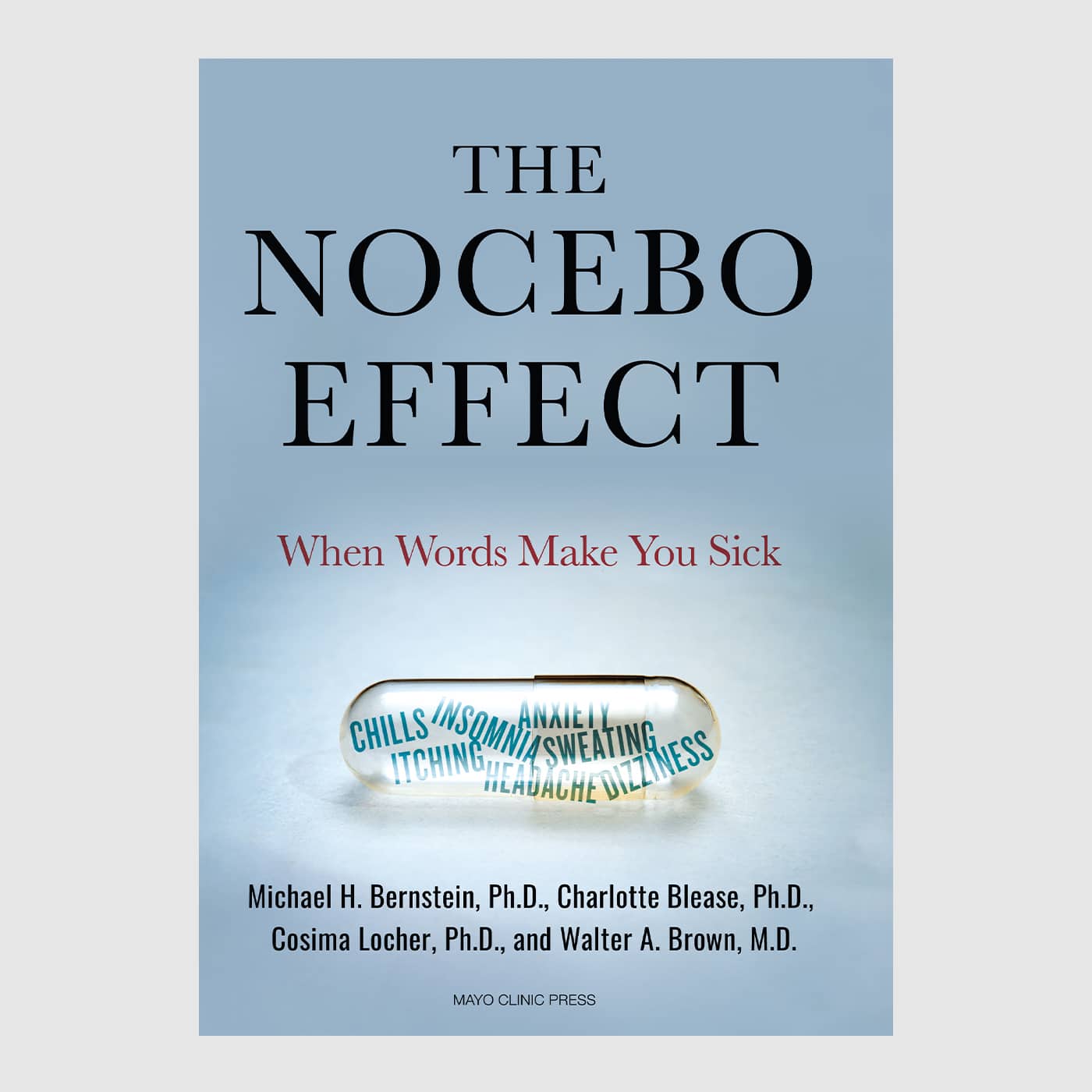
Relevant reading
The Nocebo Effect
We are just discovering the power behind The Nocebo Effect, as explored in the groundbreaking work of a dozen top level researchers. Most importantly, researchers have investigated strategies that can be adopted by both clinicians and patients to reduce the nocebo effect.


